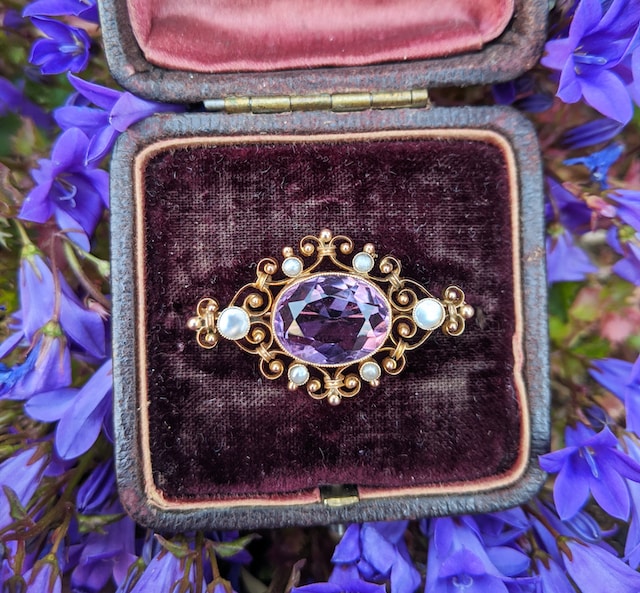
In today’s world, owning the newest model or collecting designer items is something sought after by many. However, it’s essential to realize that many possessions we hold near and dear may not be worth much in the modern market. While this isn’t always the case, as many vintage items have substantial worth, some objects hold only sentimental value. Understanding how to include family heirlooms in your estate plan is vital. Keep reading to learn more about what these objects are and how to protect them with the help of Pennsylvania estate planning attorneys.
What are traditional family heirlooms?
While family heirlooms can contain items worth great value, they are often objects intended to be passed down from generation to generation.
Most commonly, jewelry is the first item that comes to mind when thinking about family heirlooms. Whether it’s an engagement ring passed down through the family or a pair of pearl earrings, it’s not rare to hear someone talk about how their accessory belonged to their great-great-grandparent.
It’s also common for furniture to be passed down from family to family. This often includes clocks, chests, armoires, and even dining tables. Again, though vintage, these items may not be worth much monetarily, but they keep generations of family members connected via sentimental value.
Finally, you may discover you’ve been entrusted with a family recipe. Though not a traditional heirloom, this is a wonderful thing to have. This is another example of something that does not hold any monetary value but is still priceless.
How can I protect them in my estate plan?
If you possess any of the aforementioned items, passing them down is something you likely want to ensure is done according to your wishes. After all, the generations before trusted you with these items, so it’s vital to do what you can to protect them.
The most important thing to do is decide which beneficiary you would like to have which heirloom. This will help ensure you have a clear idea of what to pass down to each person when writing your will. You’ll also want to choose someone you trust to serve as the executor of your estate, as this ensures the assets you left are distributed according to your wishes.
It may also be in your best interest to include a no-contest clause. This prevents family members from contesting a will if one family member believes they should’ve received an heirloom by removing any family member who contests the terms of your wishes from receiving an inheritance.
When you’re ready to start the estate planning process, Friedman Schuman Layser can help. Our dedicated legal team understands how complex this issue can be, so we will do everything possible to ensure your wishes are noted to help you achieve peace of mind. Contact us today to learn more.